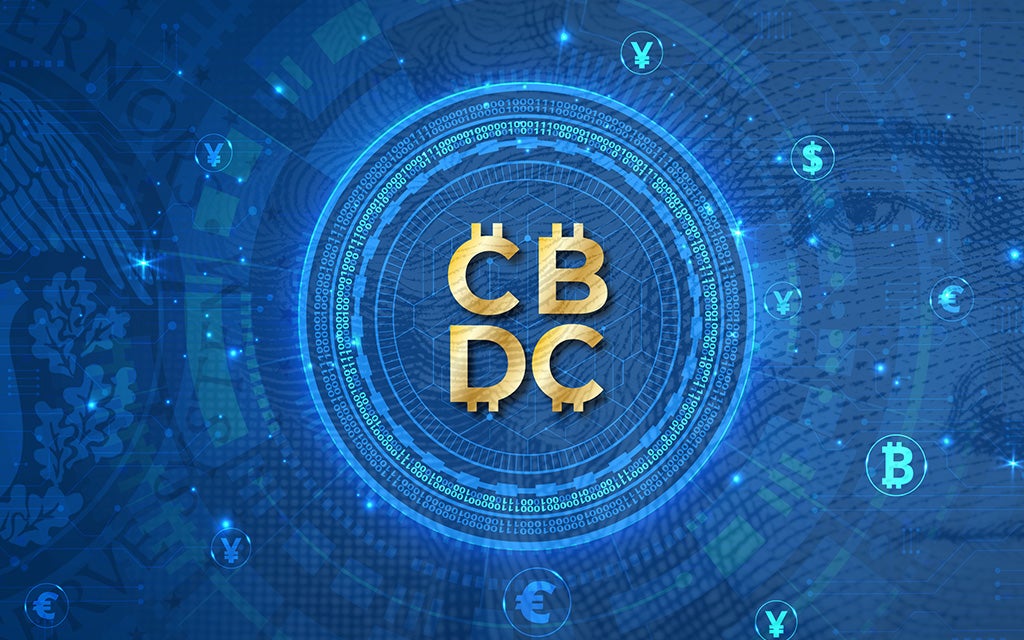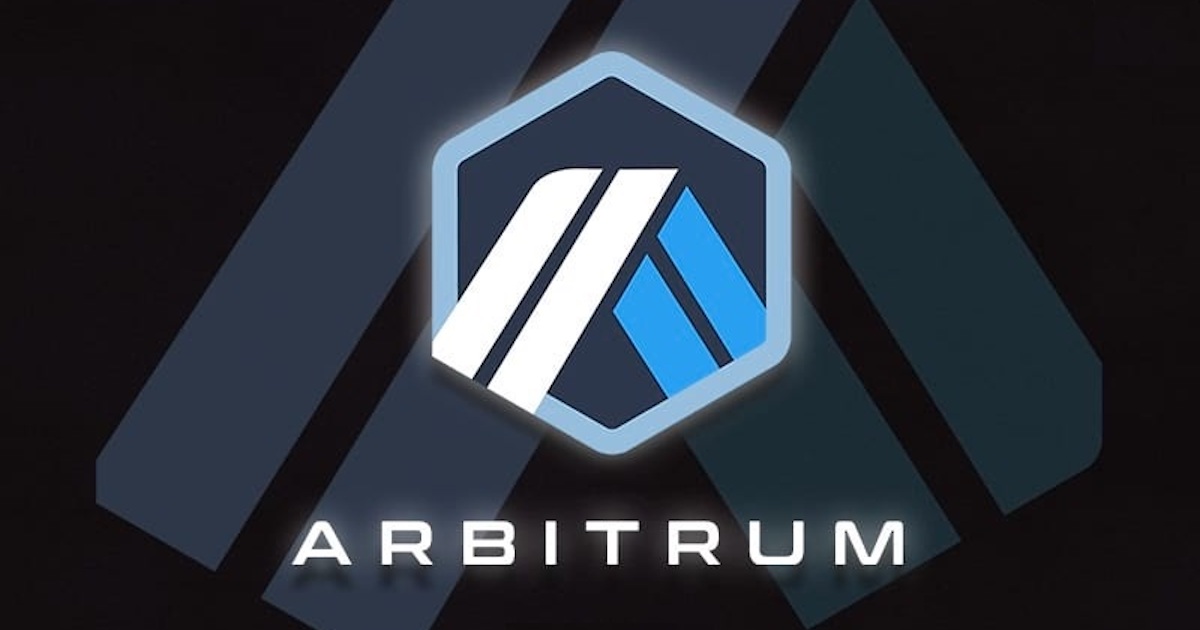When we discuss cryptocurrencies, blockchain, DeFi, NFTs, DAOs, and other related topics, the emphasis is always on decentralization. All of these concepts or initiatives are based on the idea of eliminating centralization and introducing decentralization. At this time, decentralization appears to be the principal objective in this industry. Now, the big question is: Is it a realistic possibility or just idle speculation?
Decentralization is appealing because it allows for a more democratic system in which power and decision-making are distributed among diverse participants rather than a single central figure. However, the reality of decentralization is far more complex, with numerous challenges and trade-offs that must be taken into account.
In this article, we will learn more about decentralization and take a closer look at its realities.

Decentralization and Power
In the world of cryptocurrencies, decentralization is a generic buzzword. Every project or initiative is building towards a decentralized future because that is the industry’s goal. This is a crucial idea that has gained a lot of interest in recent years, especially in the context of blockchain, NFT, and cryptocurrency.
Decentralization is the process of drifting power, control, and decision-making away from a central authority or a governing body, and towards a diverse member, participants, or the general public.
Decentralization in the context of cryptocurrencies means that no single person or organization has control over the issuance, distribution, or maintenance of the currency or crypto assets. Instead, these functions or tasks are distributed across a network of computers and performed by a decentralized network of users, who collaborate to validate transactions and uphold the integrity of the blockchain.
In a decentralized system, everyone has complete control of what happens in the system; you have full control over your funds, assets, and so on without being subject to the authority or directives of these centralized authorities. This can challenge the established power structures of central authorities like banks and governments in a variety of ways while also empowering individuals.
The Power of Decentralization
Decentralization shakes up traditional power structures by reducing the concentration of power in the hands of a small group of insiders or entities. In centralized systems, power is frequently concentrated on the shoulders of a few groups of leaders, who are typically accountable to a limited number of stakeholders. As a result, there may be a lack of openness, accountability, and consideration for the needs of larger communities.
Decentralization, on the other hand, allows for a more diffused kind of authority, in which decision-making and power are distributed among a larger group of stakeholders or participants. This aims in promoting greater autonomy, transparency, and accountability.
Decentralization can also challenge traditional power structures by empowering individuals. Under a centralized system, individuals may feel disempowered or isolated from the decision-making process, and they may lack the resources or information necessary to effectively advocate for their interests.
By allowing the general public to have a say in the decision-making process that has an impact on them, decentralization can help people have more power and control over their own interests.
Examples of Decentralized Systems
Decentralized systems are networks or protocols without a central authority or regulating body in which all network nodes have equal power and responsibility. Below are some examples of decentralized systems, along with their advantages and disadvantages compared to centralized systems:
Blockchain Technology
A blockchain is a decentralized/public ledger that records transactions in a secure and impenetrable way. Each block in the chain contains a cryptographic hash of the previous block, resulting in an unbroken chain of blocks. Because every node in the network has a copy of the blockchain and can validate transactions, this system does not require a central authority.
Advantages: The primary benefits of blockchain technology are security, transparency, and immutability. It is nearly impossible to manipulate or alter transactions because they are recorded on multiple nodes throughout the network. As all transactions are visible to everyone on the network, thanks to the system’s transparency, it is more difficult to carry out fraudulent activities.
The immutability of the blockchain ensures that a transaction cannot be modified or removed after it has been recorded.
Disadvantages: Scalability is the main drawback of blockchain technology. The amount of processing power needed to validate transactions grows along with the network’s size. As a result, there may be slow transaction times and transaction fees may also increase.
Peer-to-Peer technology (P2P)
Peer-to-peer (P2P) technology refers to a decentralized network in which users directly interact and transact with each other without relying on a central authority or intermediaries.
Advantages: One advantage is the fact that P2P networks are decentralized, that is, no single organization controls the network. Also, users in a P2P network are not required to share their private data or information with a centralized authority. By doing so, they can protect their privacy and lower their risk of fraud or identity theft.
Disadvantages: Due to the lack of a central authority to oversee the network, P2P networks are susceptible to security concerns like viruses and malware. The absence of a centralized authority can also make it challenging to police copyright rules, which encourages rampant piracy.
Also, as more users join the network, P2P network scalability issues can arise. As a result, transaction times may be slowed and network congestion may increase.
Decentralized Finance (Defi)
Decentralized finance (DeFi) is another example of decentralization, which refers to financial systems built on top of blockchain technology with the aim of providing financial services without the need for intermediaries.
Advantages: DeFi has enabled us to act as our own bank, managing your assets independently of any authority. DeFi systems have the advantage of being transparent, open, and accessible, with the objective of reaching a broader range of people than traditional banking. In addition, smart contracts take place in DeFi systems to automate financial transactions and eliminate the need for middlemen.
Disadvantages
DeFi has many benefits, but it’s also more complex than it may appear. DeFi aims to deliver financial services without the need for middlemen. However, there is an increase in the usage of centralized stablecoins. They are pegged to a fiat currency and are meant to maintain stability across the ecosystem. Ultimately, the use of these centralized stablecoins provides a point of centralization that threatens the system’s decentralization as a whole.
Challenges and Limitations of Decentralization:
Decentralization offers a range of advantages over centralized systems, such as increased security, resilience, and transparency. However, they also have their own set of difficulties.
Coordination
Blockchain’s decentralization can make it difficult for the numerous entities involved in maintaining the blockchain network to coordinate. For example, on a decentralized cryptocurrency exchange, there can be a lack of coordination and communication between buyers and sellers. This will result in inefficiencies and irregularities in the exchange rate. Coordination issues may also arise when separate blockchain networks have conflicting interests and objectives. It can be difficult to coordinate decisions which leads to fragmentation.
Capacity
Blockchain decentralization demands a lot of capacity and resources, such as technological know-how, processing power, and electricity. In a decentralized mining network, for instance, smaller miners might not have the resources and computational capacity to compete with larger miners, resulting in differences in mining rewards. Decentralized blockchain networks may fail if decentralization is deployed without sufficient planning and support due to capacity issues.
Security
If authority and decision-making are distributed among numerous individuals in the form of decentralization. Each of the individuals may have different goals and objectives, which might pose security concerns in the decentralized system. For instance, malicious actors could try to launch attacks on a decentralized cryptocurrency network in order to steal funds or cause havoc. Security challenges may also arise if decentralization is accompanied by weak security protocols, together with insufficient monitoring and enforcement systems.
Scalability
Blockchain’s decentralization may make it difficult to scale the network to handle rising demand. For instance, a decentralized blockchain network with a small number of nodes may experience slowdowns and congestion during periods of high transaction volume, resulting in delays and increased transaction costs. Decentralized blockchain networks that lack the infrastructure and resources necessary to accommodate rising demand may likewise have scalability issues.
User Adoption
Decentralized networks may be complex and challenging to use for non-technical people. It can pose problems for user acceptance and usability. For instance, users may find it difficult for them to handle their own private keys or asset accounts in a decentralized blockchain network since they must navigate complicated wallet software. Decentralized blockchain networks may also experience difficulties with user adoption if their user interfaces fall short of what consumers want and expect.
In conclusion, decentralization is a complicated and subtle idea that needs to be well worked out and analyzed. In order to achieve a truly decentralized system, it is necessary to design a system that is reliable, effective, and transparent.
Personal Note From MEXC Team
Check out our MEXC trading page and find out what we have to offer! You can learn more about crypto industry news. There are also a ton of interesting articles to get you up to speed with the crypto world. Lastly, join our MEXC Creators project and share your opinion about everything crypto! Happy trading!
Join MEXC and Get up to $10,000 Bonus!
Sign Up


